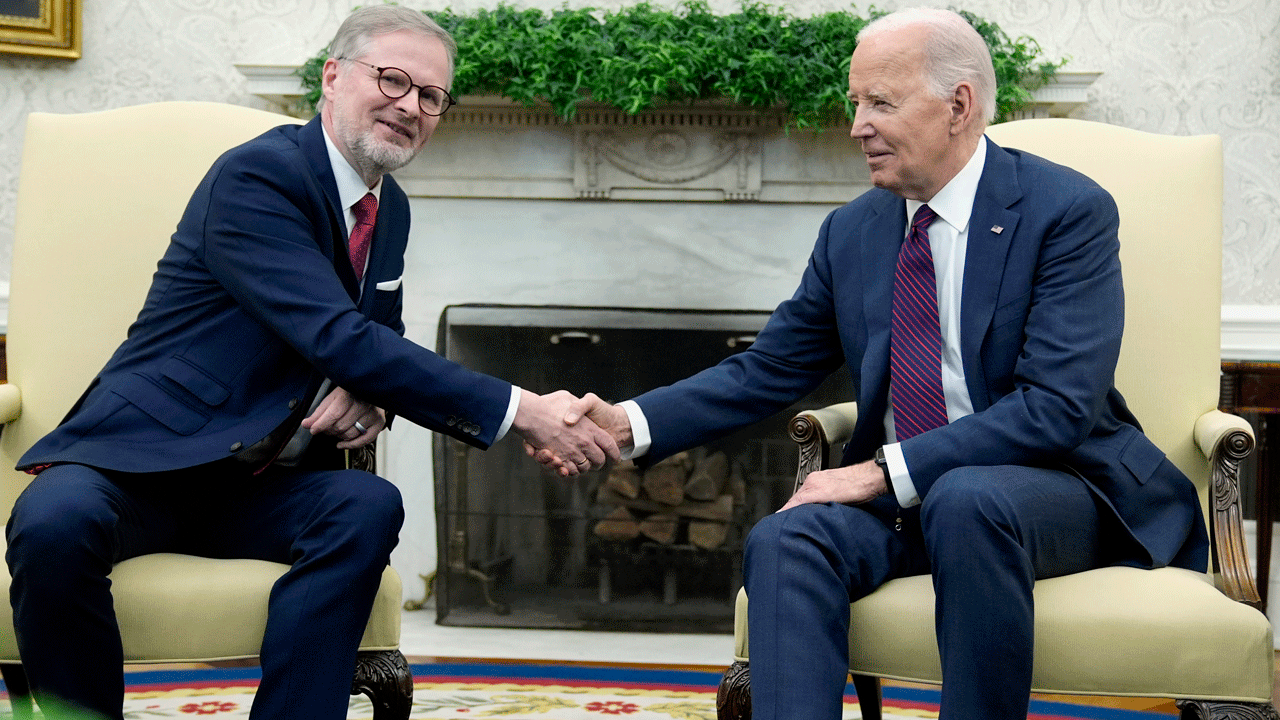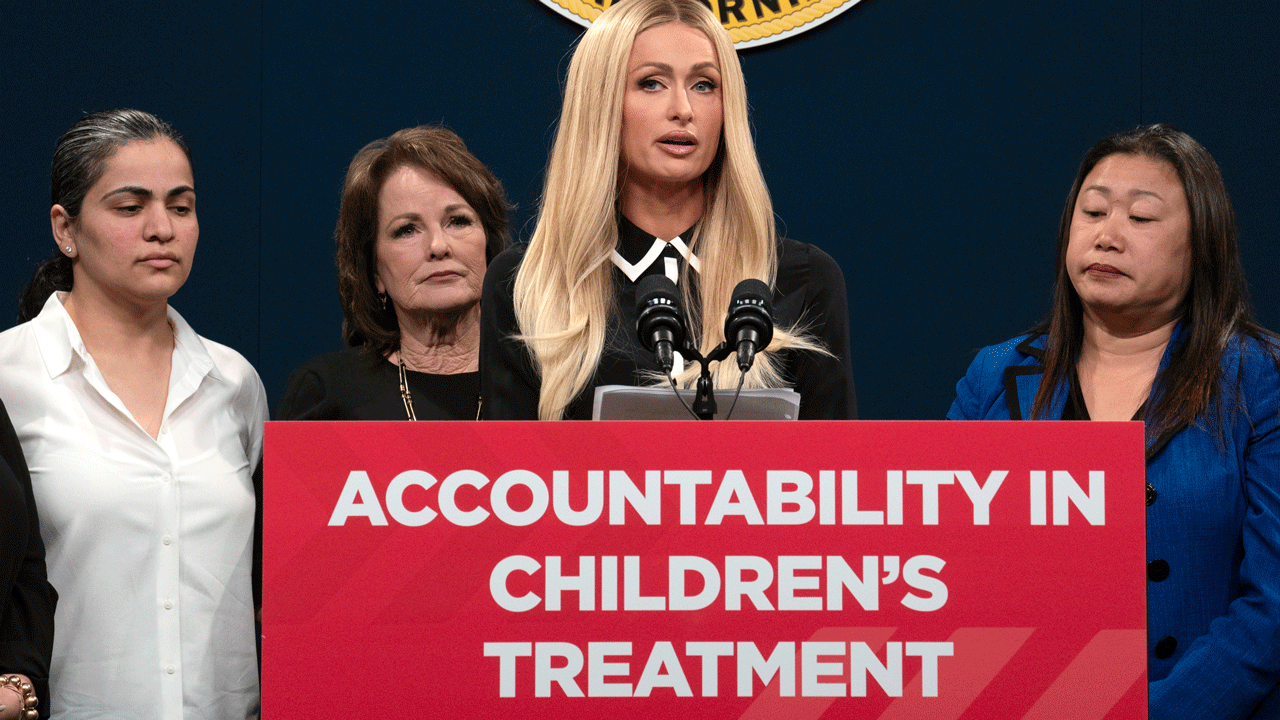White House touts Trump's leadership on coronavirus amid criticism
White House director of communications Alyssa Farah reacts on 'America's Newsroom'
Here’s the first thing which was asked on Capitol Hill when President Trump put the kibosh on the coronavirus aid talks: Why did the President make such an announcement when the market was open?
Both Democrats and Republicans questioned the wisdom of such a rash decision as Trump ordered Treasury Secretary Steve Mnuchin to stop negotiating with House Speaker Nancy Pelosi, D-Calif.
There was a theory a few days ago that the president contracting coronavirus may actually goose the discussions along in an effort to secure a fifth round of coronavirus aid. The market in fact showed some optimism – even though there were still gaps in the talks between Pelosi and Mnuchin.
Undaunted, Pelosi and Mnuchin continued to talk every day. A swath of bipartisan lawmakers in fact pushed for some sort of a deal. Vulnerable Republicans facing competitive re-election bids hoped there would be some sort of a pact. Something they could show the voters just before the election.
But there was a problem.
And frankly, it was the same problem which has dogged these negotiations since May -- otherwise, there would have been a bill months ago: There was never the right cocktail of Democrats and Republicans to pass the same bill in both the House and Senate and earn the signature of the President
There was a “floor” in these negotiations and a “ceiling.” For Democrats, it was a floor. Democrats could only go so low. Probably in the area of $2.2 trillion. Otherwise, there would be attrition of Democratic votes. For Republicans, it was a ceiling. They could only go so high. Probably in the neighborhood of $1.4-$1.6 trillion.
And ne’er the twain shall meet.
But it was thought that the beginning of October could spark some action. October was an inflection point. The bipartisan Problem Solvers Caucus released a blueprint which earned some bipartisan support and helped re-ignite discussions. That said, Pelosi was dismissive of the proposal, referring to original $3.4 trillion bill which passed the House in May “perfect.”
Massive layoffs in various industries also sparked movement as neither side wanted to get blamed and actually wanted to address the issue.
Still, Republicans were not fully on board. Top GOP leaders privately trashed a proposal by Mnuchin to provide an extra $400 a week to those off the job. Moreover, some Republicans were also suspect that Mnuchin was not fully doing the bidding of the president.
Pelosi and Mnuchin had worked out deals before. So, some were concerned that Mnuchin would give away too much.
Frankly, Trump was never fully engaged in the talks - even before he tested positive for coronavirus - until he incinerated them on Twitter this afternoon.
The decision by Trump to suspend the talks is problem by the side which has the most to lose so close to the election: The president and vulnerable Republicans.
CLICK HERE TO GET THE FOX NEWS APP
The 2020 election is clearly about the virus. That’s only augmented by Trump’s health of late.
Blowing up the talks while the country struggles economically awards Democrats yet another wedge to deploy against the GOP. House Democrats can argue they passed not one but TWO coronavirus bills (one in May, one last week). Republicans, who may have associated themselves closely with the president, could face voters who are upset that they didn’t do anything to stop the economic bleeding ahead of the election. A bipartisan deal would have done that.
Democrats can now weaponize this decision against Republicans.
That is only amplified by the declaration by Trump that he wants the Senate to solely focus on confirming Amy Coney Barrett for the Supreme Court. That argument may shore up the conservative base. But it does little for swing voters who were dubious about Barrett and the wisdom of rushing her through in the first place.
Granted, some Republicans will turn this around on Pelosi. We were already hearing that Pelosi wasn’t budging and was refusing to extract various “poison pills” from a potential agreement on white-hot issues ranging from abortion to immigration.
But again, those charges only resonate with rock-ribbed conservative voters. Not the moderate voters GOPers need to court so desperately this fall.





